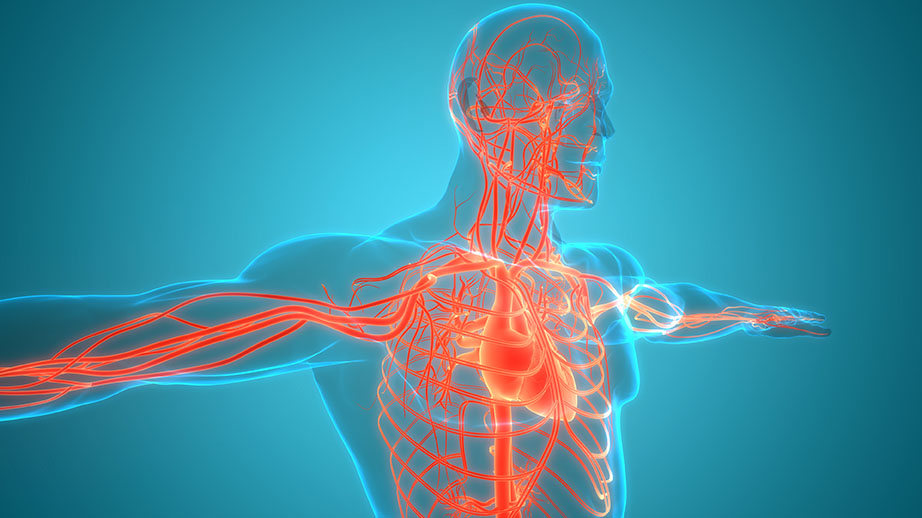
circulatory system
Definition
The circulatory system is a network of organs and vessels that transport blood throughout the body.
The heart is the main organ of the circulatory system, and it pumps blood through the arteries, veins, and capillaries. The arteries carry blood away from the heart, and the veins carry blood back to the heart. The capillaries are the smallest blood vessels, and they connect the arteries and veins. The blood carries oxygen and nutrients to the cells, and it removes waste products.
The circulatory system also helps to fight infection and keep the body temperature stable.
The circulatory system is essential for life, and it is one of the most important systems in the body.
How can the word be used?
The circulatory system is responsible for transporting oxygen and nutrients to the cells and removing waste products.

Different forms of the word
Noun:
Singular: circulatory system.
Plural: circulatory systems.
Adjective:
Circulatory: relating to the circulatory system.
Etymology
The word "circulatory system" is made up of two words: "circulate" and "system". The word "circulate" comes from the Latin word "circulātus", which means "to move in a circle". The word "system" comes from the Greek word "systēma", which means "a whole made up of parts".
The word "circulatory system" was first used in English in the 17th century to refer to the system of blood vessels that transports blood throughout the body.
Question
What is the circulatory system?
AQA Science Exam Question and Answer
Question:
Explain the role of the circulatory system in the human body and its importance in maintaining overall health and functioning.
Answer:
The circulatory system, also known as the cardiovascular system, is responsible for the transportation of blood, oxygen, nutrients, hormones, and waste products throughout the human body. It consists of the heart, blood vessels, and blood. The heart acts as a powerful pump that propels oxygen-rich blood from the lungs to all body tissues and returns oxygen-poor blood back to the lungs for oxygenation.
The circulatory system plays a crucial role in maintaining overall health and functioning. It ensures that every cell in the body receives a constant supply of oxygen and nutrients needed for cellular respiration and energy production. Additionally, it helps regulate body temperature and pH levels, carries immune cells to fight infections, and assists in the removal of metabolic waste products.
Proper functioning of the circulatory system is essential for overall well-being. Any disruptions, such as narrowed blood vessels or impaired heart function, can lead to serious health issues, including cardiovascular diseases like heart attacks and strokes. Regular exercise, a balanced diet, and avoiding smoking and excessive alcohol consumption are crucial for maintaining a healthy circulatory system and promoting overall cardiovascular health.